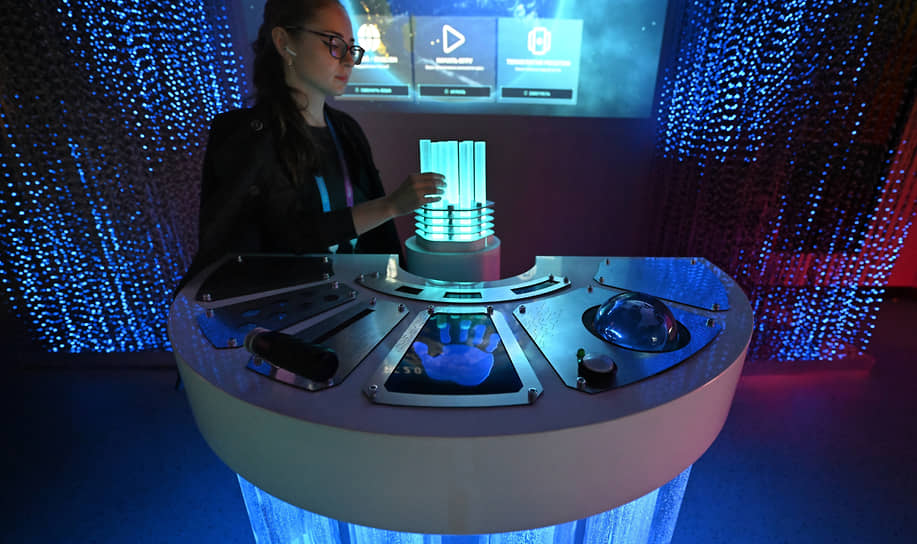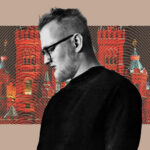Russia’s Capital Ranks Second in the List of Most Technological Cities
Moscow took second place in the global smart city rankings. The Russian capital was surpassed only by Singapore, according to a study. The ranking is based on the development of digital infrastructure, quality of life standards, and implementation of various technologies. Cities were evaluated according to five criteria: urban management, lifestyle, transportation, business, and development must be “smart.” Beijing took third place, followed by London and Shanghai. Saint Petersburg ranked sixth.
A partner provided more details about the study: “The ranking includes five key blocks. They reflect the key areas of activity of a modern metropolis, which determine the level of convenience and efficiency of the city for its residents. Each block is in turn analyzed according to several indicators.
For example, smart urban management includes, among others, the criterion ‘The possibility of electronic interaction between citizens and municipal authorities and participation in city life.’ For each criterion, scores were assigned based on open sources of information and brought to a single scale that reflects deviations from the average value across the sample of cities. The leaders of the ranking were Singapore, Moscow, Beijing, London, and Shanghai. They systematically implement innovations, and the development of urban infrastructure takes into account the requirements for increasing the level of comfort and safety of residents.”
How does smart development affect the lives of Muscovites? The founder of an architectural workshop believes that the key point is the acceleration of all processes: “Muscovites do not spend time on many procedures that previously required a lot of resources. Moreover, they no longer notice it. Starting from making appointments at hospitals, kindergartens, and so on, to interacting with the authorities on some special issues. These things are already so integrated into our daily lives that we absolutely do not see how quickly all this happens; it is already difficult for us to imagine that someone might live differently.
There are still quite a few things that can be improved. First of all, interaction with transportation; personal transport is still quite chaotic. We have very complex interactions with SIM, that is, scooters and bicycles. But this can be regulated in the medium term of three to eight years; it is not done with a snap of the fingers. Receiving feedback from residents, from government agencies, making adjustments—all this does not happen as quickly as we would like.”
Legislation does not consider video materials collected using the “Smart City” system as personal data, an expert said. Therefore, accusations of surveillance have no legal basis, since citizens’ rights are not violated: “If we consider IT technologies for the ‘Smart City,’ security remains an ambiguous issue. The fact is that the technologies used are not fully developed. We build data security strategies based on the fact that the basic platforms themselves operate on the basis of foreign developments.
When we talk about urban space, about video cameras that operate and can film pedestrians, city residents, the law does not specify that this is personal data. Video and photo images in public space do not belong to the category of information that requires permission for its use. Whether you go somewhere where there is video surveillance or not is your decision. Whether to take a phone on a walk or not is also your decision. This is often how it is interpreted in the legislation.”
In May, the city’s Department of Information Technology organized a “Smart City” pavilion at VDNKh. There, capital residents were told about safety, data storage, and protection from hackers.
Everything is clear with us.






